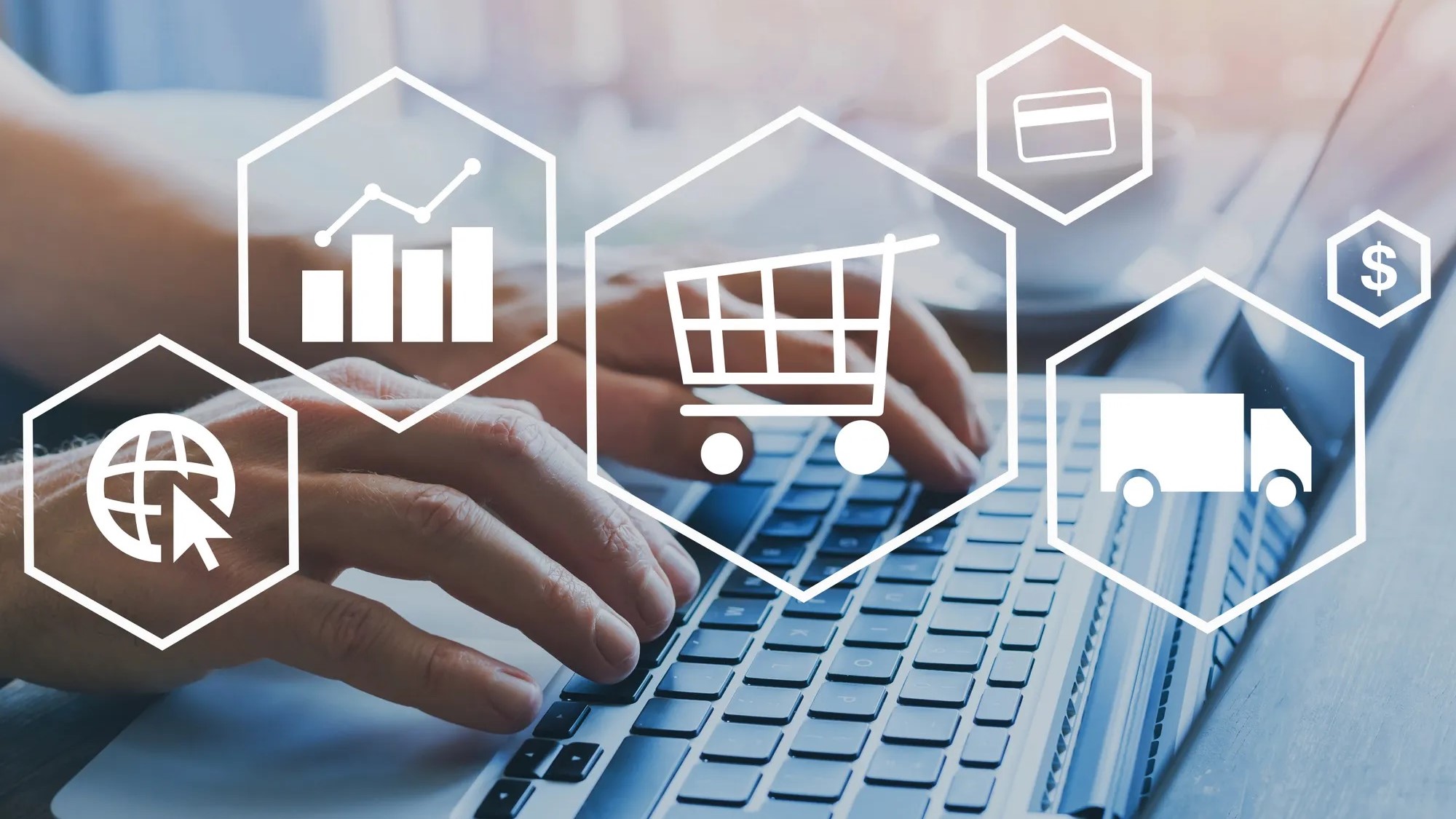Retailers must now focus on employee experience
Technology can help foster a connected working culture

Retail sector organizations, including their employees, HR, and front-line workers, experienced many different challenges during the pandemic, depending on whether their places of work were considered essential services.
Ali Rezvan is Retail Director at Microsoft UK.
From colleagues in supermarkets and e-commerce teams who worked throughout in difficult circumstances, to those in non-essential shops who have since returned to their in-store outlets, the stresses upon each were unique and complex. Retailers are now under pressure to demonstrate that they understand the multi-faceted stresses facing their employees and provide them with the support they need in a rapidly changing environment to ensure they are set up for success post-pandemic.
Consolidating Covid learnings
Employee experience is paramount to meeting customer needs today. Whilst the pandemic has of course spurred on digitalization and retailers rose to the challenge of innovating quickly to benefit from the move to e-commerce and other digital channels, the key to success remains in attracting and delighting customers – providing them with an experience they’ll value and seek to repeat.
Retail leaders know that a core element of this is to provide fun, convenient and personalized digital and in-person experiences, whilst also being conscious of sustainable business practices. Engaged, knowledgeable and happy employees are a crucial part of the customer experience, so it’s essential that UK retailers listen to their staff and act on these learnings to succeed, as they enter the next stage of the post-pandemic return.
The next year will see the retail sector consolidate its learnings across the pandemic period. Technologies, such as cloud, data analytics and employee experience tools will play a key role. Not only does technology bring together communications, knowledge, learning, resources and insight into workflows which help businesses to make smarter decisions, but it also helps retailers to foster a culture where people and teams are empowered to be their best from anywhere.
Digital literacy empowers employees
Retailers in the UK are at different stages of their journey to being data-led, however all businesses, from bricks and mortar stores to those with an omnichannel strategy, need to focus on data upskilling their workforce. By doing so, they’ll be able to make data-driven decision making central to their business operations and this will be key to meeting their business goals in 2022.
Ensuring that employees are adequately skilled and equipped for success in a data driven culture, will help power the retail sector forward, as they are empowered to solve day to day issues and feel part of a wider, interconnected team.
Are you a pro? Subscribe to our newsletter
Sign up to the TechRadar Pro newsletter to get all the top news, opinion, features and guidance your business needs to succeed!
A culture of connection
Our work shapes who we are as people – and our sense of self and identity can be amplified by the work culture we are a part of. Employee experience tools are one such way that a culture can be created, developed and honed – whether your team is small and local or widespread and national, or even global. The effective application of data, open collaboration, sharing knowledge and insights and targeting resources to where they’re needed most, are just some of the ways in which these tools can revolutionize teams. The ability to develop and communicate a strong purpose, too, gives employees a sense of belonging to a team.
Technology can allow businesses to explore solutions that will reshape work around individual roles, preferences and even personal lives. By integrating technology within the day to day running of their business, a digitally rich culture can be created, one which can translate directly on to the shop floor and be to the benefit of everyone. Not only will employees feel integrated but using all the tools available will help retailers attract and retain their top talent.
An employee experience toolkit helps to create a digital employee experience, spanning learning, wellbeing, creating company culture and connections, discovering new knowledge and unearthing insights on how the organization is working. By building more inclusive, welcoming and personal digital teams, businesses can tune into an environment where their offline culture is replicated online – where employees feel supported and heard wherever they are based – and doing so will not only improve the employee experience, but the experience of the customers who engage with your brand, too.
At TechRadar Pro, we've featured the best shopping cart software.
Ali Rezvan is Retail Director at Microsoft UK.